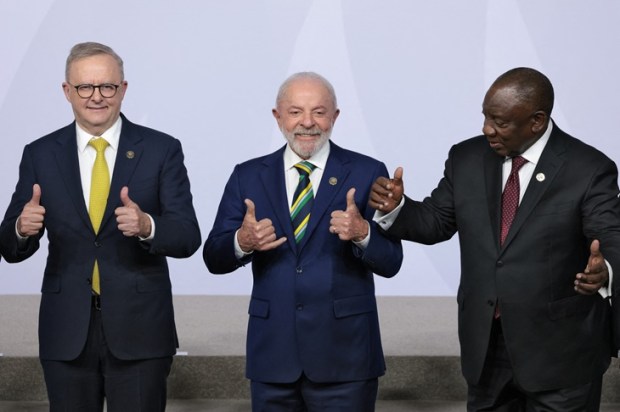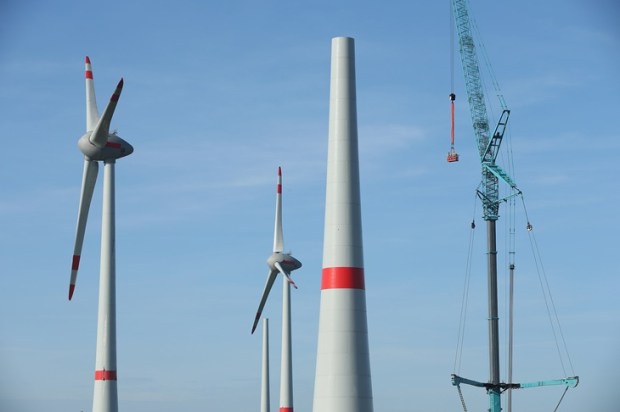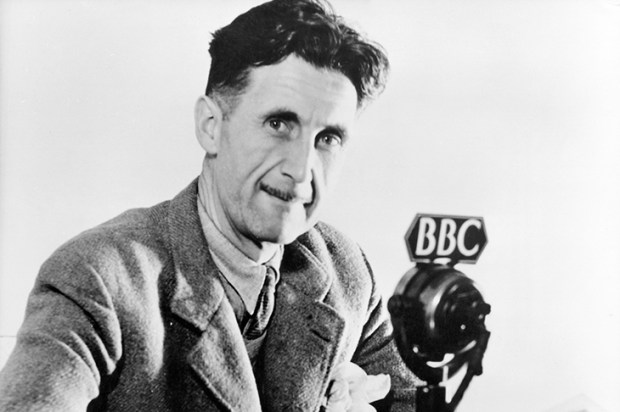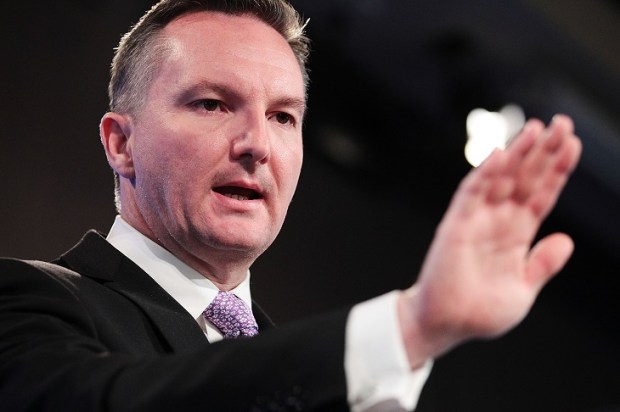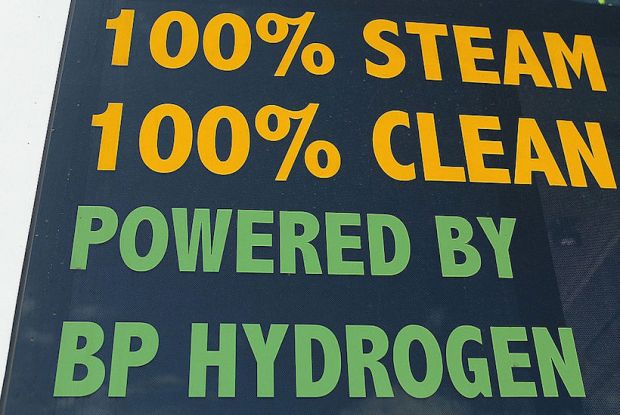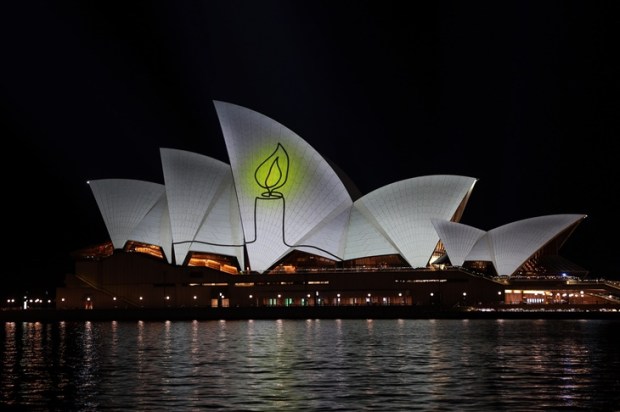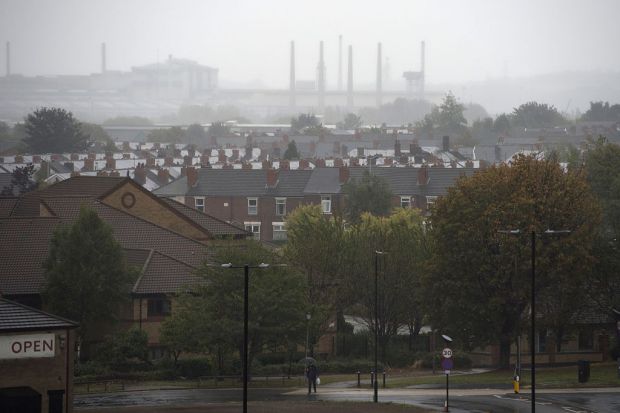Recall in the movie Back to the Future when Doc warned Marty McFly not to allow his future self to meet his past self, or a catastrophe would occur? Well pay attention, because the conflicting narratives on energy security and Climate Change are on a collision course, and the fallout will hurt us all.
The European and UK energy crisis has seen UK energy bills almost double since 2019 – a trend predating Covid and Ukraine. Gas is primarily used for heating homes and generating electricity. Supplies are short because local supply is restricted (UK fracking banned), global development is down (Biden’s US policy), demand is high (renewables output low, coal phased out) and Russian supplies are interrupted.
Since January 2021, 31 British energy retailers have ceased trading because customers cannot pay their bills. The regulated ‘energy price cap’ was £1,100 (AU$1,900) per year in 2019, reached £1,900 in 2022, and is likely to be lifted again this October to a record high of £2,600 (AU$4,500). With millions of households facing ‘fuel stress’, UK domestic politics has shifted its focus from Climate Change to energy security, a change long overdue. For context, the average Australian electricity bill is AU$1,600.
For years the arguments for energy security in the UK have fallen on deaf ears. The UK’s Benny Peiser, director of the Global Warming Policy Foundation, argued during his recent Australian visit that if people are made to fear Climate Change, they can dismiss the rational argument for energy security. However, when energy price rises bite, the fear of not being able to pay the bills becomes paramount, and the energy security argument can prevail.
Benny’s argument is coming true as the media narrative across Europe and UK has pivoted to match the energy crisis. Headlines about rising cost are overwhelming the usual headlines on Climate Change, and politicians are following suit. Subsequently, the much-heralded IPCC report failed to make a splash. This is a turning point for the UK, as the real cost – and risk – of modelling and ideology crash on the reality of families having to provide food and warmth.
Australia is heading down the same path as the UK. Swap authoritarian Putin for a cabal of Greens, Teals, ALP LEANs, and LNP moderates, and you get an energy crisis with a democratic tinge. LNP Senator Matt Canavan must feel vindicated as he compares the looming policy failures at home against the folly of Net Zero that underpins the UK’s energy crisis.
Net Zero is of course a Trojan horse – a puritan agenda masquerading as environmentalism. The quest to achieve Net Zero will massively increase the uptake of wind and solar (requiring raw materials, land, and transmission lines); reduce exploration, development and consumption of fossil fuels; while relocating emissions-intensive industries to developing countries.
Canavan is correct to point out that this strategy is failing on a grand scale in Europe and the UK and will be a disaster for fossil-fuel-dependent Australia. The coal mining industry directly employed almost 40,000 people in 2020, almost 20,000 in oil and gas, and 150,000 employees in the mining sector overall. These figures exclude supporting industries.
Closing Australian coal mining down altogether is an exercise in stupidity. Indonesia is the global leader for thermal coal exports (used for electricity generation) at 450 million tonnes per annum. Australia, in second place, exports 200 Mtpa, around 10 per cent more than third-place Russia. Chief importer China sources almost 250 Mtpa, while Japan, South Korea, Taiwan, and the EU together import 330 Mtpa. India and the rest of Asia import a combined 310 Mtpa and increasing.
Australia is ideally placed to serve the expanding coal markets in Asia and India for the foreseeable future, regardless of what the Australian Net Zero factions and their wealthy benefactors believe. The only export these zealots have to offer is carbon piety, and nobody wants it.
Inner-city voters are being wooed with promises of subsidies for electric vehicles and home batteries, while other folks get transmission lines in their backyards. Simon Holmes à Court has joined the campaign against the LNP, and his political investments are set to rival his investments in renewables. If his candidates win the swing against the sitting LNP members, they will shape public policy even further to the advantage of Holmes à Court and his backers. The federal government thinks it will put a stop to this calculated incursion (at least in Josh Frydenberg’s electorate) by committing to achieving Net Zero by 2050, with plenty of spending along the way.
In exchange for retaining Kooyong, this appeasement strategy disguised as pork-barrelling, dressed up as campaigning, will surely lose the government seats in the regions. In the 2019 federal election, with Scott Morrison campaigning against climate change policies, George Christensen was returned with a 64 per cent preference vote; an 11 per cent improvement on the 2016 election. Regional voters, particularly in Queensland, will vote against Net Zero policies every time.
Against a backdrop of high debt, policies that result in high energy costs and high inflation are a recipe for disaster. Both major parties are committed to Net Zero, both are increasing debt, neither are enticing people to reduce their personal debt. How much will the Net Zero fantasy cost us before we wake up, because this is not a movie – there are no do-overs?
Ben Beattie is an electrical engineer in the power and natural gas sector.


